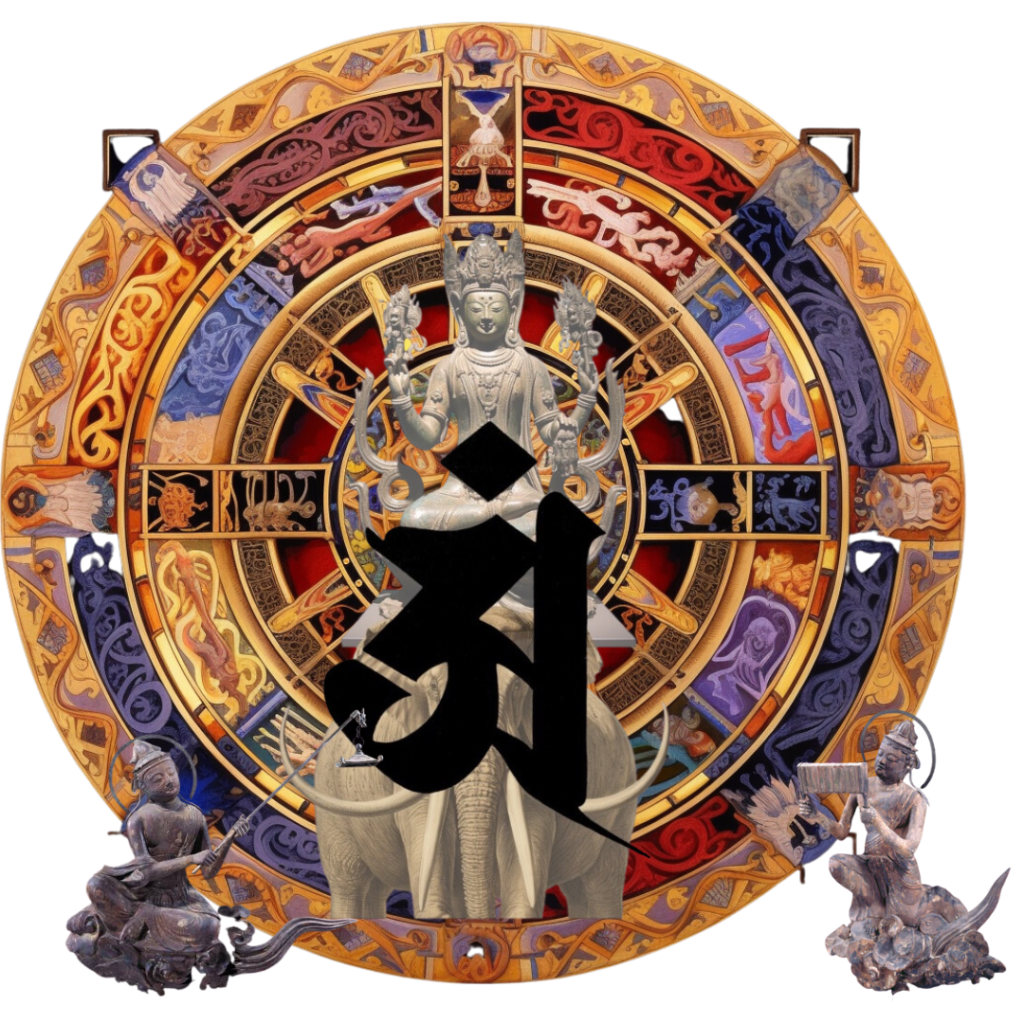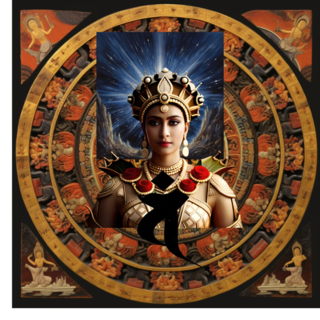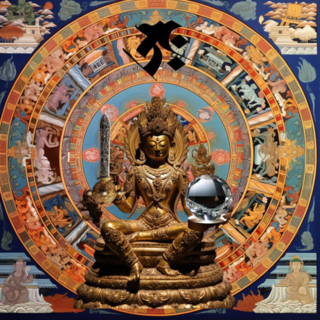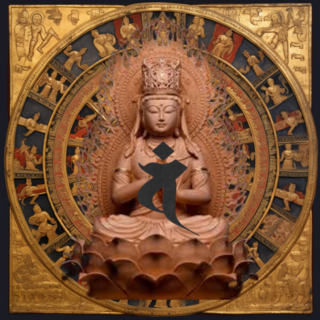- 精神分析学は、無意識の過程が存在し、行動は無意識によって左右されるという仮説に基づいている。
- フロイトはヒステリー治療中に意識できない欲望が無意識に抑圧され、神経症の症状となると考え、治療仮説を提唱した。
- ユング心理学では個人的無意識と共に集合的無意識を扱い、夢分析や能動的想像法を重視している。
- シャドウは自覚したくない自分の側面で、集合的無意識に共通するテーマが存在する。
- レオポルド・ソンディは運命分析学を創設し、家族的無意識という概念を提唱し、ソンディ・テストを開発した。
- 集合的無意識はユングによって提唱され、個人的無意識よりも深く、元型が基本的な形を構成している。
- ソンディは家族的無意識が運命に影響を与えると考え、強制運命と自由運命の対立を論じた。
- 衝動感情は祖先から受け継がれる意識であり、ソンディは人生の選択を運命観として理論化した。
- ソンディの運命分析法では、8つの遺伝子が運命の要因とされ、心理テストでその傾向やバランスが分析される。
- ソンディの運命分析学の最終目標は、個人的無意識と家族的無意識と集合的無意識の統合である。
フロイト
フロイトは、ヒステリー(現在の解離性障害や身体表現性障害)の治療に当たる中で、人は意識することが苦痛であるような欲望を無意識に抑圧することがあり、それが形を変え神経症の症状などの形で表出されると考えた。そのため、無意識領域に抑圧された葛藤などの内容を自覚し、表面化させて、本人が意識することによって、症状が解消しうるという治療仮説を立てた
カール・グスタフ・ユング
ユング心理学(分析心理学)は個人の意識、無意識の分析をする点ではフロイトの精神分析学と共通しているが、個人的な無意識にとどまらず、個人を超え人類に共通しているとされる集合的無意識(普遍的無意識)の分析も含まれる。ユング心理学による心理療法では能動的想像法も取り入れられている。能動的想像法とは、無意識からのイメージが意識に表れるのを待つ心理療法的手法である。また、ユング心理学は、他派よりも心理臨床において夢分析を重視している。夢は集合的無意識としての「元型イメージが日常的に表出している現象」でもあり、また個人的無意識の発露でもあるとされる
シャドウとは
上記でも説明したように、自分では認めたくない自分の事を「シャドウ」と呼びますが、そもそもシャドウとは何なのかについて説明していきます。
シャドウとは誰もが持つ「影」の事で、人はそれぞれ自分では認めたくない自分を持ちます。
認めたくない気持ちが強いほど影は濃くなりその影響力は強くなります。
また、西洋と東洋それぞれに伝わる神話や伝説には
共通したテーマを扱った物も多いことから、
洋の別を問わず人類の心の奥深くには
共通した「集合的無意識」が存在すると考えたのです。
図のように、意識や個人的無意識よりもさらに深いところにある層で、
民族や国家、人種を問わず普遍的に存在しています。
レオポルド・ソンディ
レオポルド・ソンディ
ハンガリー出身の心理学者レオポルド・ソンディ(Leopold Szondi,1893-1986)は、運命分析学という深層心理学の学派を創設したり、『ソンディ・テスト』という人物写真を利用した投影法の心理テストを開発したことで知られる。日本語での名前表記は、レオポルド・ソンディ以外にも、英語読みで『リポート・ソンディ』という風に表記されることも多い
集合的無意識(Kollektives Unbewusstes)」
とは、偉大な心理学者カール・ユング(Carl Gustav Jung)によって提唱された。
人間の意識の奥には、個人的無意識が存在し、さらにその奥には集合的無意識が存在するという概念だ。
集合的無意識は、個人のみならず集団や民族、人類全体、さらには時空を超えて森羅万象、宇宙の意識ともつながっている。
集合的無意識に共通する基本的形を「元型(Archetyp )」と呼び、この元型から集合的無意識が生じ、原始心像が意識化され、元型そのものが意識化されることは決してない。
ソンディ・テストで知られる精神医学者のレオポルド・ソンディ(Léopold Szondi)は
、フロイトの説いた個人的無意識とユングの説いた集合的無意識の中間に位置する家族的無意識という概念を提唱した。
ソンディは、精神医学の世界で「運命分析学」という未だに学問的価値を認められてない分野にメスを入れた稀有な存在であった。
「家族的無意識」とは、先祖の抑圧された意識が子孫の運命に重大な影響を与えるといった考えで、運命が子孫に遺伝していくことを意味する。「
親の因果が子に報い」と呼ばれる病気や負債の運命は「強制運命」と呼ばれ、個人の自由意志から生まれる「自由運命」と常に拮抗している。
しかし、強制運命の支配下に置かれた不幸な人生も先祖のせいだけではない。
そのような先祖の子孫として生まれてくることにより、過去世でのカルマを解消させられているのだから、よく理解し受け入れた上で、人生を自由運命に傾くよう舵取りをしなければならない。
カルマの解消には、自分を第三者的に観る行法を身に付けるのが一番である。
ソンディは子孫が祖先から先祖代々継承している意識(衝動)のことを『
衝動感情(衝動意識)』と呼び、『人間の運命とは選択である』といった。人間は祖先から受け継いだ衝動感情(衝動意識)をベースにして、『結婚選択・職業選択・疾患の選択・死亡形式の選択』という4つの人生の分野で重大な選択をしていくというのがソンディの理論である。
L.ソンディの運命観には『自分が主体的に選択する要素』と『祖先からの意識・感情によって決定されるという要素』の2つがあり、人間が自分の運命を選択する(選択させられる)要因になる遺伝子には以下の8つの種類があるとした。『運命分析法』という心理テストでは、この8種類の遺伝子の働きの趨勢(強さ)とバランスを知ることができるとされている。
Sch(自我衝動)……p(存在遺伝子),k(所有遺伝子)
C(接触衝動)……m(依存遺伝子),d(獲得遺伝子)
P(感情衝動)……hy(道徳遺伝子),e(倫理遺伝子)
S(性衝動)……s(攻撃遺伝子),h(情愛遺伝子)
レオポルド・ソンディの想定した祖先から受け継ぐという無意識は『家族的無意識』と呼ばれており、ジークムント・フロイトの『個人的無意識』よりは広く、C.G.ユングの『普遍的無意識(集合無意識)』よりはその範囲が狭いと考えられている。ソンディの運命分析学を前面に出した深層心理学の究極の目的は、『個人的無意識と家族的無意識と普遍的無意識の経験的・理論的な統合』であった。
Psychoanalysis is based on the basic hypothesis that humans have an unconscious process and that human behavior depends on the unconscious. Freud, in the treatment of hysteria (currently dissociative and somatic symptom disorders), can unknowingly suppress desires that are painful for humans to change shape and neurosis. I thought that it would be expressed in the form of symptoms such as. Therefore, we made a treatment hypothesis that the symptoms can be resolved by being aware of the content of the conflict suppressed in the unconscious area, exposing it to the surface, and being aware of it.
Carl Gustav Jung
Jung's psychology (analytical psychology) is similar to Freud's psychoanalysis in that it analyzes the individual's consciousness and unconsciousness, but it is not limited to the individual unconsciousness, but is common to all humankind beyond the individual. It also includes an analysis of the collective unconscious (universal unconscious). Psychotherapy by Jung Psychology also incorporates the Active Imagination. The active imagination is a psychotherapeutic method that waits for the image from the unconscious to appear in the consciousness. In addition, Jung Psychology emphasizes dream analysis in clinical psychology more than other groups. Dreams are said to be a "phenomenon in which the archetype image is expressed on a daily basis" as a collective unconscious, and also a manifestation of the personal unconscious.
What is a shadow?
As I explained above, I call myself a "shadow" that I don't want to admit, but I will explain what a shadow is in the first place.
A shadow is a "shadow" that everyone has, and each person has a self that he or she does not want to admit.
The stronger the feeling of not wanting to admit, the darker the shadow and the stronger its influence.
Also, in the myths and legends of the West and the East,
Since there are many things that deal with common themes,
Deep in the hearts of mankind, regardless of the ocean
I thought that there was a common "collective unconscious".
As shown in the figure, in a layer deeper than consciousness or personal unconsciousness,
It exists universally regardless of ethnicity, nation, or race.
Leopold Szondi
Hungarian psychologist Leopold Szondi (1893-1986) founded a school of deep psychology called fate analysis and developed a projection psychological test using portraits called the Szondi test. Known for doing. In addition to Leopold Szondi, the name notation in Japanese is often written in English as "Report Sondy".
"The Collective Unconscious (Kollektives Unbewusstes)" was advocated by the great psychologist Carl Gustav Jung.
The concept is that there is a personal unconscious in the depths of human consciousness, and there is a collective unconscious in the depths.
The collective unconscious is connected not only to the individual but also to the group, the people, the entire human race, and even the consciousness of the universe and the universe beyond time and space.
The basic form common to the collective unconscious is called the "archetyp", and the collective unconscious arises from this archetype, the primitive image is conscious, and the archetype itself is never conscious.
Léopold Szondi, a psychiatrist known for the Szondi test, proposed the concept of a family unconscious, which lies between Freud's personal unconscious and Jung's collective unconscious.
Sondy was a rare figure in the world of psychiatry, putting a scalpel into the field of "fate analysis," which has not yet been recognized for its academic value.
"Family unconscious" means that the fate is inherited by the offspring, with the idea that the suppressed consciousness of the ancestors has a significant impact on the fate of the offspring. The fate of illness and debt, which is called "the cause and effect of the parent rewards the child," is called "forced fate," and is always in conflict with the "free fate," which is born from the free will of the individual.
But the unfortunate life under the control of forced fate is not just due to ancestors.
By being born as a descendant of such an ancestor, the karma of the past life has been eliminated, so we must understand and accept it well and steer our lives toward free destiny.
The best way to eliminate karma is to learn how to look at yourself as a third party.
Sondy calls the consciousness (impulse) that offspring inherit from their ancestors from generation to generation, "impulsive emotion (impulsive consciousness)," and says that "human destiny is a choice." Based on the impulsive emotions (impulsive consciousness) inherited from our ancestors, human beings make important choices in the four fields of life: marriage choice, occupation choice, disease choice, and death form choice. Sondy's theory.
L. Sondy's view of fate has two elements: "elements that he chooses independently" and "elements that are determined by the consciousness and emotions of his ancestors." ) The following eight types of genes are considered to be factors. A psychological test called "fate analysis method" is said to be able to know the trend (strength) and balance of the functions of these eight types of genes.
Sch (ego impulse) …… p (existing gene), k (owned gene)
C (contact impulse) …… m (dependent gene), d (acquired gene)
P (emotional impulse) …… hy (moral gene), e (ethical gene)
S (sexual drive) …… s (attack gene), h (love gene)
The unconsciousness inherited from Leopold Szondi's envisioned ancestors is called the "family unconscious", wider than Sigmund Freud's "personal unconscious" and more than CG Jung's "universal unconscious (collective unconscious)" The range is believed to be narrow. The ultimate purpose of deep psychology, which brought Sondy's fate analysis to the fore, was "the empirical and theoretical integration of the personal unconscious, the family unconscious, and the universal unconscious."
http://cyber-price.com/buddha/
Buddha Japan Journal
Buddha Japan journal
日本の仏教を発信しますSend Japanese Buddhis
-
no image
-
no image








